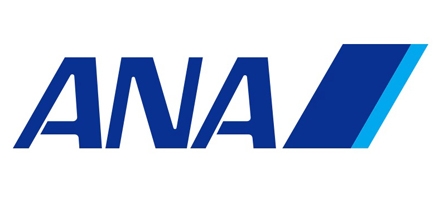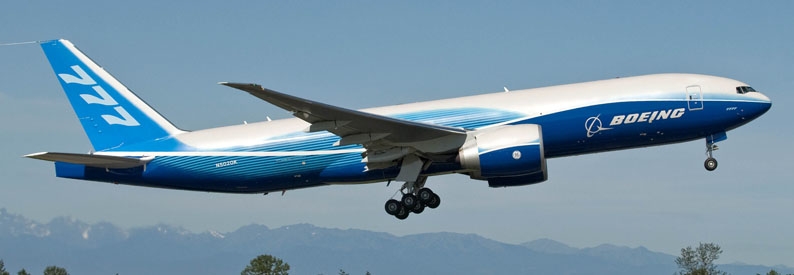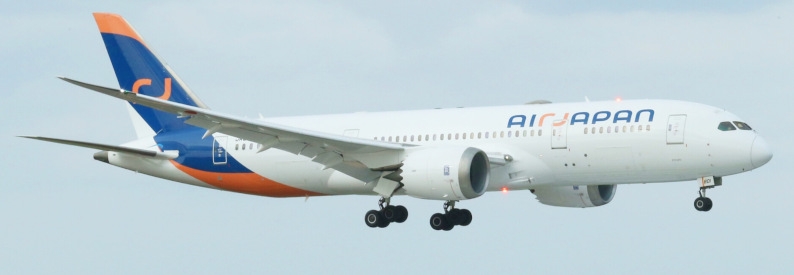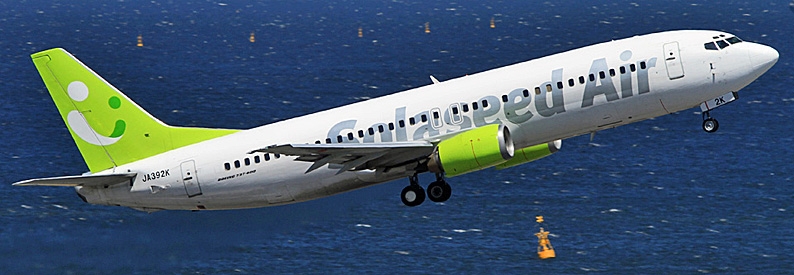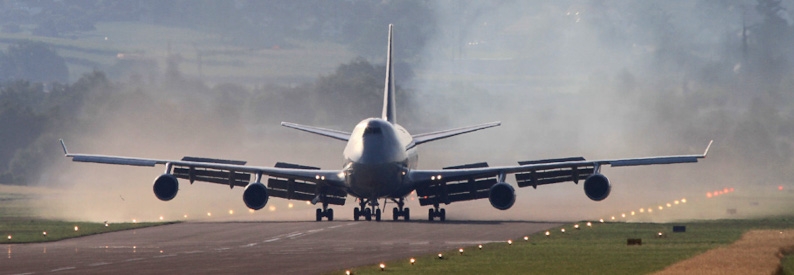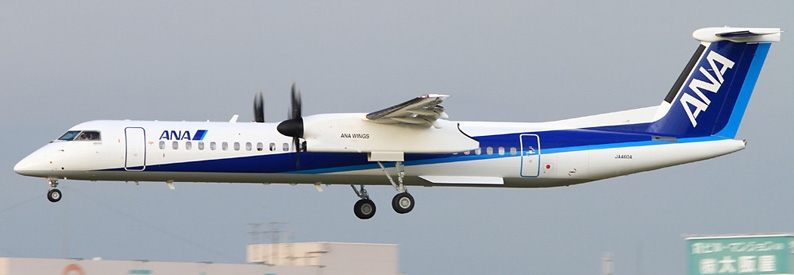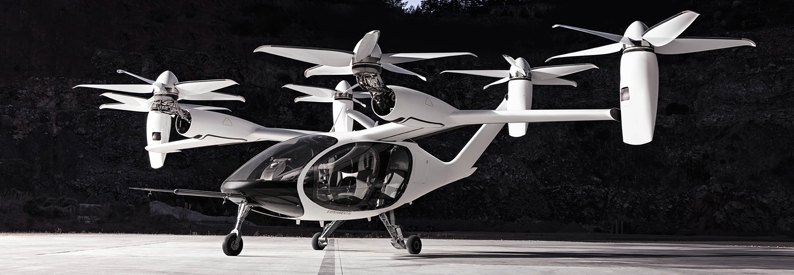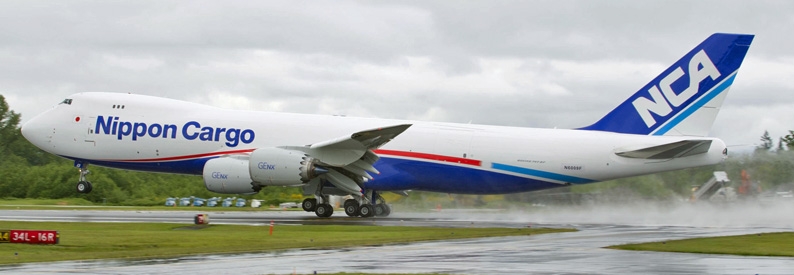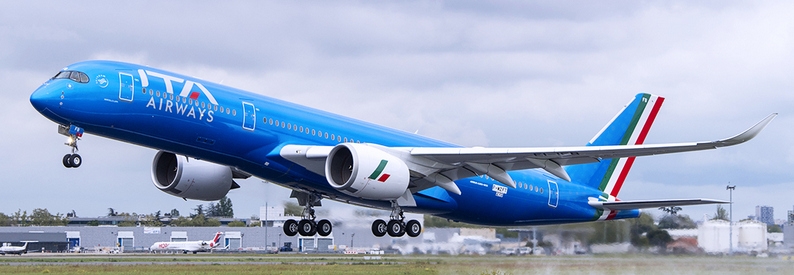ANA Holdings and Japanese shipping giant Nippon Yusen Kabushiki Kaisha (NYK) announced on March 7 that they had reached a preliminary agreement for ANA to buy NCA - Nippon Cargo Airlines (KZ, Tokyo Narita), which currently functions as NYK’s air cargo transport arm.
The ANA - All Nippon Airways (NH, Tokyo Haneda) parent will acquire the 100% shareholding in a single transaction on October 1 “or a date to be separately agreed,” subject to obtaining clearance under competition laws and other conditions. Details such as the specific acquisition methods are yet to be finalised.
In a statement, the ANA holding company explained that in its medium-term business plan to 2025 it had set a goal of maximising profits in its core airline business, with expanding its cargo business set as one of the means to achieving this goal.
“NCA has provided high-quality international cargo transportation services for nearly 40 years as Japan’s only international air cargo carrier,” ANA said, elaborating that it already cooperates with NCA in MRO, codesharing on flights operated by both companies, and joint transportation. “Through this transaction, we will further enhance our Japan-based international air cargo network, products, and services, and provide high-quality and competitive air cargo transportation services that can respond to the sophistication of supply chains,” it added.
Back in 2005, ANA sold a 27.6% stake it had in NCA to NYK, which held a stake of the same size, and NCA became a wholly-owned subsidiary of Nippon Yusen in 2010. ANA and NCA formed a business alliance in 2018, escalating their existing ties from an interline agreement to codesharing as well as leveraging opportunities presented by each other’s fleets.
But NYK admitted in its own statement that it faced issues such as the huge costs involved in upgrading the fleet and training personnel. Moreover, surging demand for air cargo during the pandemic and due to disruptions in marine transport, is expected to ease.
“NYK acquired all of the shares in NCA in 2010 with the aim of becoming a comprehensive logistics company offering ocean, land, and air transportation. However, the continuous introduction of new aircraft to expand the operation and maintenance system and the uninterrupted training of personnel required considerable expenditure. In the highly volatile business environment of airfreight, NCA has been facing challenges in expanding its business scale at a level that is commensurate with such costs,” it said.
ANA Holdings, by contrast, aims “to dramatically enhance its international air cargo network and products and services based in Japan,” NYK added.
The shipping firm divulged that NCA’s capital stock stood at JPY10 billion yen (USD73.3 million) and that its net profit rose from JPY31.87 billion (USD234 million) for the year ending March 31, 2020, to JPY61.32 billion (USD450 million) for the year ending March 2022.
NCA currently operates a fleet of eight B747-8Fs (average age 10.5 years), the ch-aviation Commercial Aviation Aircraft Data module shows. ANA currently operates a freighter fleet of five B767-300ER(BCF)s (average age 27.3 years), four B767-300Fs (average age 18.9 years), and two B777Fs (average age 4 years).
ANA revealed in July that it had reached agreement with Boeing to convert two of its order for twenty B777-9s (a deal it forged in March 2014) into two B777-8 freighters to be introduced into service in 2028 or 2029. It later identified the routes it would likely deploy them on.
- Type
- Base
- Aircraft
- Destinations
- Routes
- Daily Flights
